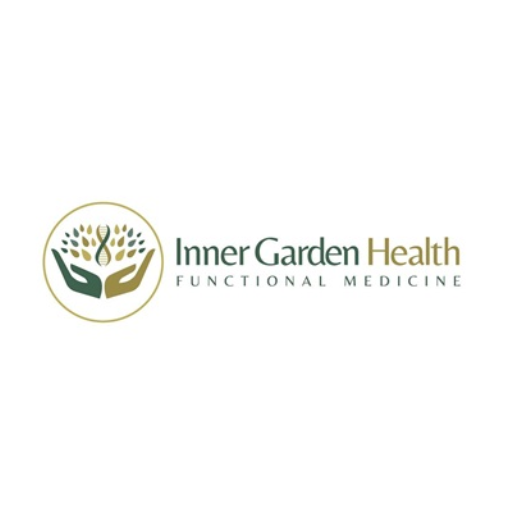In the pursuit of a fulfilling and vibrant life, the concept of optimal health has become increasingly significant. As individuals seek ways to enhance their well-being and longevity, the journey towards optimal health has emerged as a focal point. This article explores the various dimensions of optimal health and how a holistic approach can pave the way for a balanced and thriving life.
Understanding Optimal Health
Optimal health is more than just the absence of illness; it encompasses a state of complete physical, mental, and social well-being. Achieving optimal health involves a proactive commitment to maintaining a harmonious balance across various aspects of life. It goes beyond mere survival and embraces the idea of flourishing in every dimension.
Physical Well-being
One of the fundamental pillars of optimal health is physical well-being. This involves nourishing the body with proper nutrition, engaging in regular exercise, and ensuring adequate rest and sleep. A balanced diet rich in essential nutrients provides the body with the fuel it needs to function optimally. Regular physical activity not only contributes to cardiovascular health but also promotes mental well-being by releasing endorphins, the "feel-good" hormones.
Mental and Emotional Wellness
The mind plays a crucial role in determining one's overall health. Mental and emotional wellness involves managing stress, cultivating resilience, and fostering positive relationships. Practices such as mindfulness meditation, deep breathing exercises, and engaging in activities that bring joy and fulfillment contribute to a healthy mental state. Building emotional intelligence and seeking support when needed are integral aspects of achieving and maintaining optimal mental health.
Balanced Lifestyle
Optimal health is closely tied to maintaining a balanced lifestyle. This includes managing work-life balance, setting realistic goals, and finding time for leisure activities. Chronic stress from an imbalanced lifestyle can negatively impact physical and mental health. Prioritizing self-care and incorporating activities that bring relaxation and joy can contribute significantly to achieving optimal health.
Preventive Healthcare
A proactive approach to healthcare is a key element of optimal health. Regular health check-ups, screenings, and preventive measures can identify potential issues before they escalate. Adopting healthy habits and making informed lifestyle choices contribute to disease prevention and overall well-being. Prevention is not only more effective but often more cost-efficient than treating illnesses once they manifest.
Nutritional Supplementation
In the quest for optimal health, individuals often explore nutritional supplementation to bridge potential gaps in their diet. One area gaining attention is the use of supplements to support overall well-being. From vitamins and minerals to herbal extracts, these supplements aim to enhance the body's natural functions. However, it's essential to approach supplementation with caution and seek guidance from healthcare professionals to ensure they align with individual needs.
Holistic Approach to Optimal Health
A holistic approach to optimal health considers the interconnectedness of various aspects of life. It recognizes that physical, mental, and social well-being are interdependent and that addressing one dimension can positively impact others. Holistic health emphasizes the importance of treating the whole person rather than focusing solely on symptoms or isolated aspects of health.
Mind-Body Connection
The mind-body connection is a central tenet of holistic health. Recognizing the intricate link between mental and physical well-being, holistic approaches often incorporate practices such as yoga, tai chi, and meditation. These activities not only promote physical fitness but also cultivate mental clarity and emotional balance. By nurturing the mind-body connection, individuals can experience a deeper sense of overall well-being.
Nutrition as Medicine
Holistic health places a strong emphasis on the healing power of nutrition. Viewing food as medicine, it encourages a whole-food, plant-based diet that provides essential nutrients to support the body's natural processes. Nutrient-dense foods contribute to optimal functioning of organs and systems, promoting longevity and vitality. Additionally, holistic nutrition considers individual needs, acknowledging that each person's optimal diet may vary.
Environmental and Social Factors
Holistic health extends beyond individual choices to include environmental and social factors. Creating a supportive and sustainable environment contributes to optimal health. This involves fostering positive social connections, engaging in community activities, and promoting a healthy work environment. The impact of the physical environment, such as air and water quality, is also considered in holistic health practices.
Conclusion
In the pursuit of optimal health, a holistic approach that encompasses physical, mental, and social well-being is essential. By understanding the interconnectedness of these dimensions, individuals can adopt lifestyle choices that contribute to overall flourishing. Whether through regular exercise, mindful practices, or a nutrient-rich diet, the path to optimal health involves a commitment to self-care and a balanced life. Embracing a holistic perspective empowers individuals to unlock the secrets to optimal health and enjoy a life of vitality, resilience, and fulfillment.





Comments